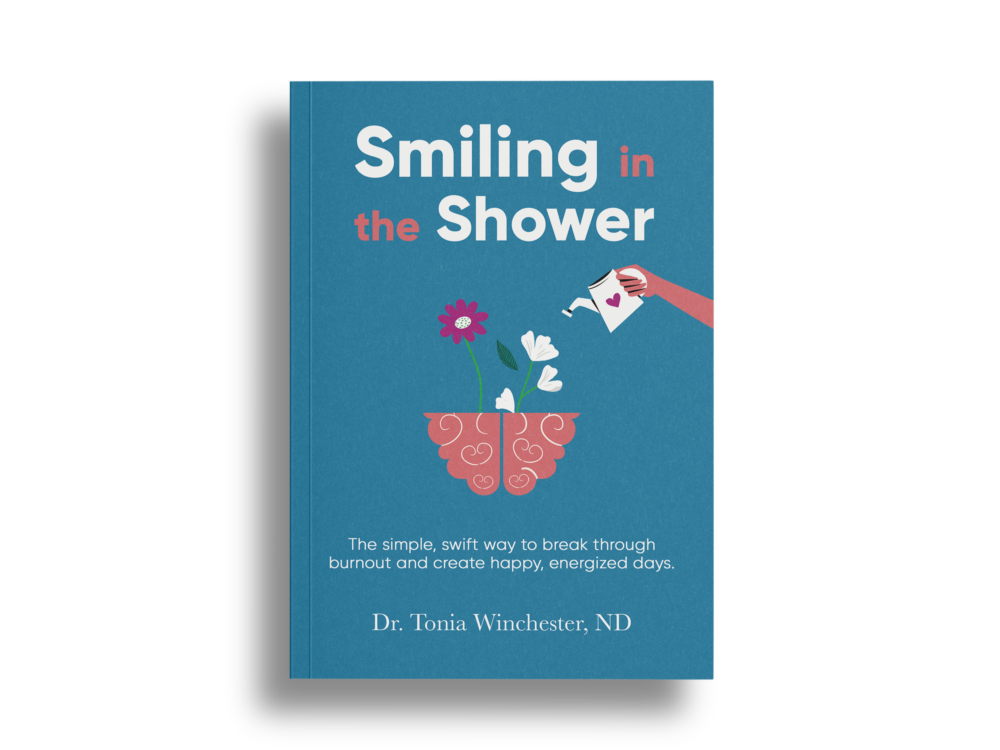I call it the S-word.
I’m not sure what’s running through your mind, but I’m talking about the S-word:Stress.
It is hard to avoid, and yet possibly the most important thing to avoid if you’re hoping to be healthy.
Have you considered your stress might be making you sick?
I know you might have, because most of my patients tell me, “It’s probably stress,” when they are talking about their symptoms.
So what’s the dealio? Why is stress so sickening?
Oh, Grasshopper. Hang in there. All will be revealed. Not entirely in this article, but over several articles.
It’s that big a topic.
This article will cover the symptoms of stress so you can figure out if you’re overdoing it.
But before we hit that up, we’re going to review what stress actually is.
We generally think of stress as the daily “to do” list. You know the one.
It only ever seems to get longer and never shorter.
I know we all wish we could have an extra 2-10 hours per day (then we could finally get our 7-9 hours of sleep, right?)
But stress is more than just the never ending list of items that taunt us in their uncrossed-off form.
Stress is a bit elusive because everyone has a different threshold for it and experiences it differently.
What is stressful for you may be a wonderful experience for someone else.
According to my Mosby’s Medical Dictionary (yeppers I did actually just pull a real book off the shelf. This book was a gift from my high school teacher who introduced me to alternative medicine. You can read more about that here. Anyhoo, I digress.)
“Stress is “ANY emotional, physical, social, economic or other factor that requires a response or change.”
Stress is a non-specific response that pushes your body to adapt. That means that stress causes the same reaction in the body, despite different stressors:
Environmental: changes in season or weather, noise, pollution, radiation (from sunlight but also from our ubiquitous electronics: cell phones, computers, electrical equipment, power lines, air travel, X-rays);
Biological: microorganisms such as viruses, bacteria, parasites, and fungi;
Psychological and social: performance stress (school, job, home), money worry, emotional upset, relationship issues, lack of support or social network (Facebook doesn’t count), pent up emotions, abuse or trauma;
Physiological: nutrient deficiencies, biological aging, physical trauma or injuries, illness, surgery, toxicity, poor sleep (quantity or quality), dehydration, food or air borne allergies, over or under exercising.
As you can see there are many types of stressors. This is why I’m not lying when I say that 100% of my patients symptoms are caused by stress… some sort of stress!
Responses to acute stress are necessary – without them we wouldn’t have made it very far in Earth’s history. They help us survive.
But, When the stress response is low grade and chronic, yikes. It’s a powerful sick maker. It’s here that we see…
Widespread health problems:
1. Overall: tense muscles, trouble falling or staying asleep, lacking energy in the mornings (relying on coffee or other stimulants) and throughout the day, accelerated aging, temperature fluctuations, decreased ability to handle stress, chronic fatigue syndrome and fibromyalgia (and other vague medical diagnoses), crashing after lunch, knackered at 9 pm but stay awake until second wind, decreased memory especially short term, increase REM (dreaming) sleep.
2. Feelings: being “stressed,” nervousness, generalized anxiety, panic attacks, mood swings, depression, feeling exhausted or “burnt out”.
3. Immune: immune weakness, constant, chronic, frequent or recurrent infections, food and airborne allergies (doozie… didn’t we just discuss these are causes of stress??? Honestly!!), autoimmune diseases, skin problems.
4. Heart: high or low blood pressure, rapid heart rate, heart palpitations, light headed or dizzy, especially after standing.
5. Energy and body composition: weight gain and remain (aka trouble losing weight especially around the belly), bone loss, insulin resistance, hypoglycemia, fat sugar or salt cravings.
6. Digestion: pain, gas, burning, bloating, cramping, constipation, diarrhea.
7. Reproduction: low sex drive, yucky PMS and periods, erectile problems, fertility issues, raging menopause symptoms and even for the men – andropause.
As uplifting as this article is, don’t despair. There is help out there. This is the focus of my work. How can we shift the stressors to give your body a chance to heal? Because I believe that given the right circumstances the body can come back into balance. We just need to figure out what those circumstances are.
Easy Breezy. Okay. Maybe not always.
Lets summarize:
- stress comes from a lot of sources
- everyone has a different tolerance to it
- acute stress helps us survive
- chronic stress prevents us from thriving.
And we can’t have that. This entire website is all about me helping you get your jivin’ Health and your THRIVIN’ Life.
Thinking, “Good gravy! What can I do about my stress?” Why not check out:
25 simple ways to overcome burn out
We can always do a Brain-Based Transformation Coaching session if you’re needing some relaxation and answers pronto.
In the comments below why don’t you share something you were surprised to read in this post and why. Then keep typing and let me know what you might be able to do about it.
Spread the word people. Your loved ones need to know this as much as you do!









